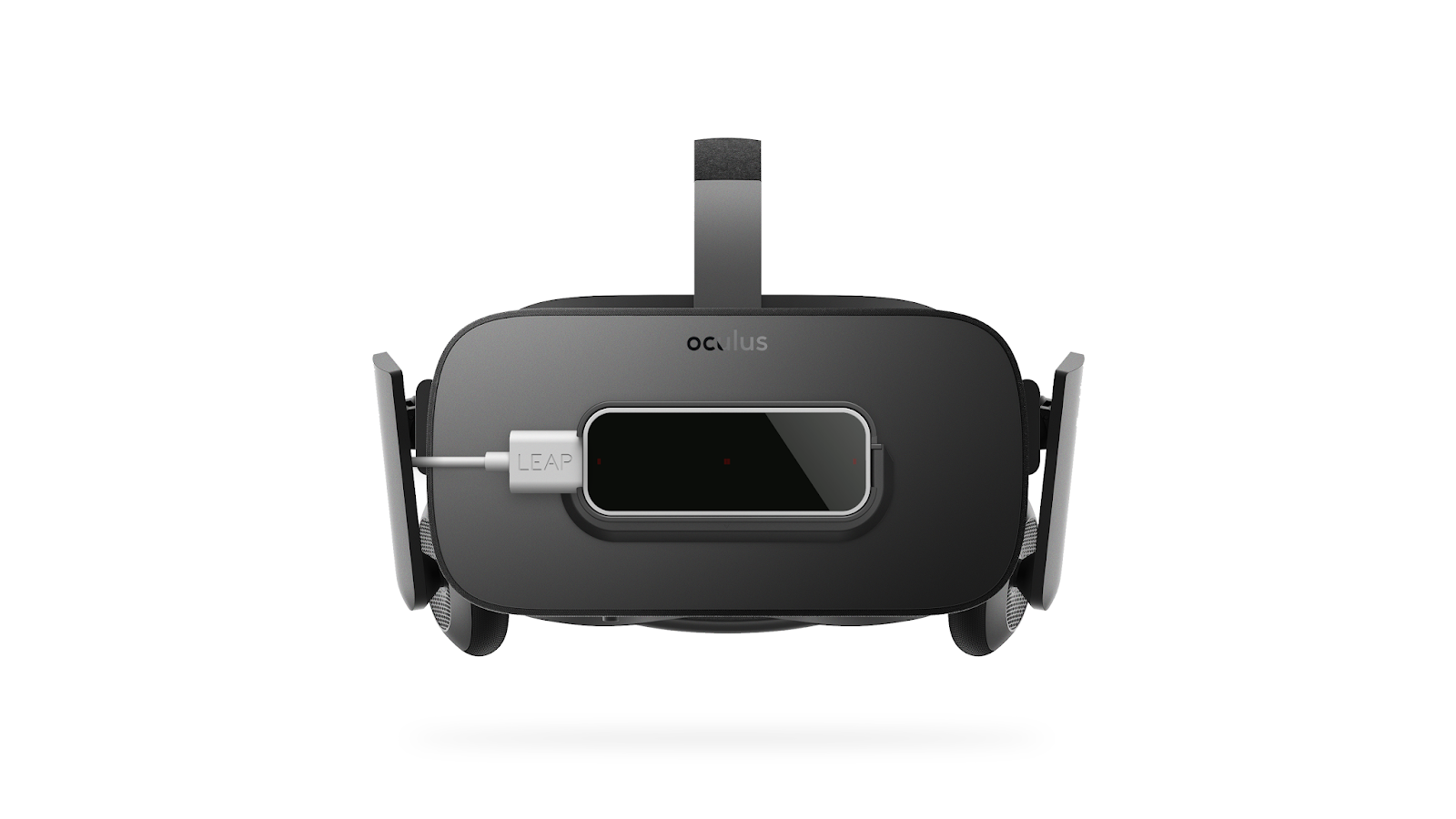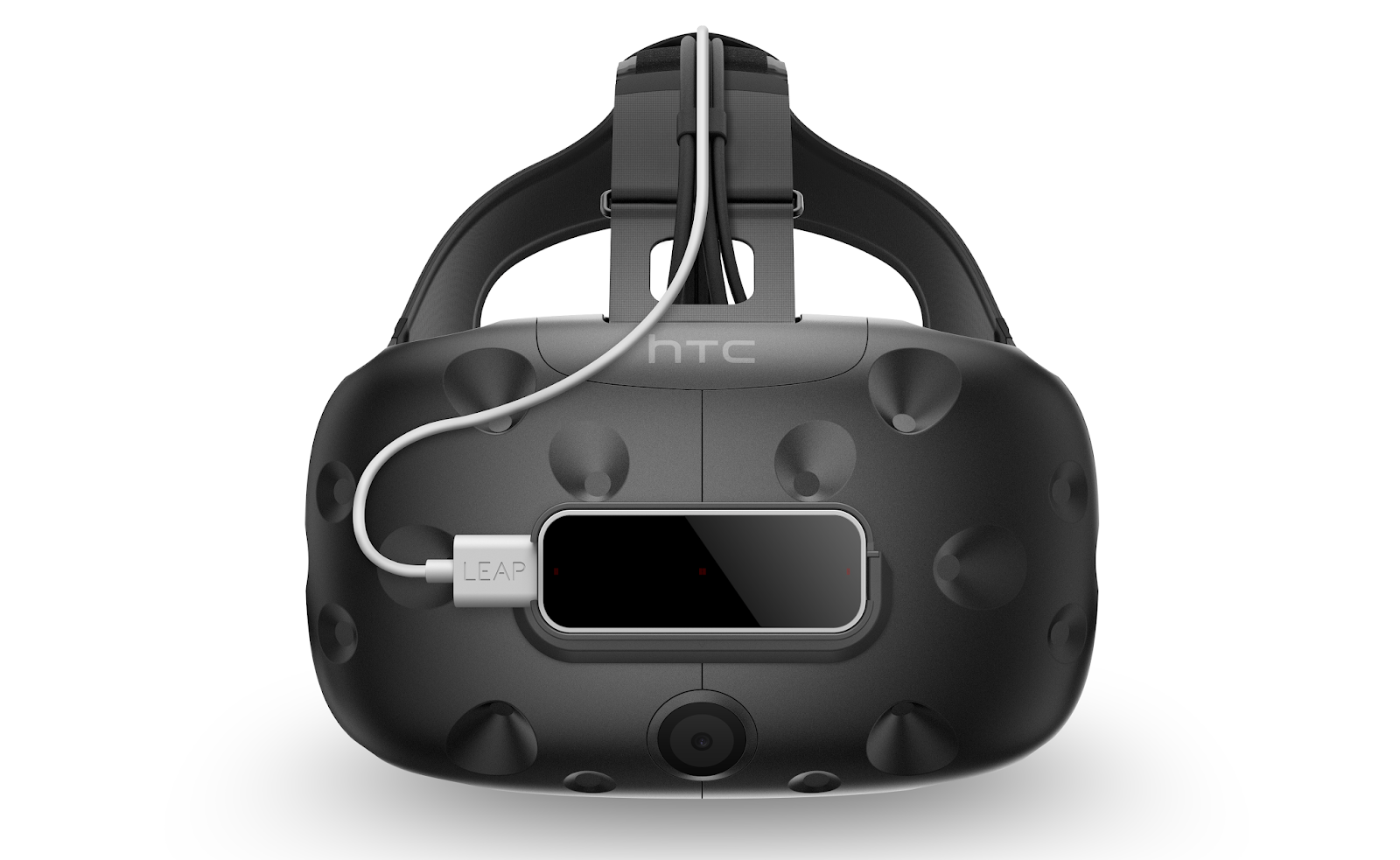- General
- May 30, 2019
- 6 minutes read
Leap Motion Sold To U.K. Rival
Leap Motion hardware mounted on the Oculus Rift image: Leap Motion Leap Motion — a once high-flying Silicon Valley startup known…
 |
| Leap Motion hardware mounted on the Oculus Rift
image: Leap Motion
|
Leap Motion — a once high-flying Silicon Valley startup known for its sensor device that supports hand and finger motions as input — without the requirement of hand contact or touching — on VR and AR devices has been sold to U.K. rival Ultrahaptics. Leap Motion made this known in a recent official announcement.
Although Leap Motion termed the sale as “a strategic deal”, a report from the Wall Street Journal said the sale price was roughly $30 million, citing people familiar with the matter. This is down from a peak valuation of $306 million in late 2013 (Pitchbook data) and less than the nearly $100 million in total funding the company raised according to Crunchbase data. Leap Motion was backed by top investors like Founders Fund, Andreessen Horowitz, SOSV and J.P. Morgan.
 |
| Leap Motion hardware mounted on the HTC Vive
image: Leap Motion
|
Before now, Leap Motion was said to have been courted by Apple twice in less than five years but with acquisition deals falling both times, partly in blame to poor management, “swirling negatives,” and “eccentric behavior” of Leap Motion’s co-founders Michael Buckwald and David Holz. Apple reportedly developed interest in the company with an eye on its team to help work on its own AR projects.
Apple’s offer for the company was said to be between $30 million-$50 million, quite on par with this current deal. This purchase proves again just how hard hardware can be. Several hardware startups backed by huge funding have had to shut down or sell for low prices due to business reasons, the most recent being Anki maker Vector. Other notable hardware crashes include Pebble, Jawbone, Doppler Labs, Fuhu, Zeebo, and Hello Sense.
Eero recently sold to Amazon for $97 million, less than a previous valuation of nearly $300 million. Likewise, Essential — the smartphone maker founded by Android creator Andy Rubin — has struggled with hardware sales even after $300 million in funding and a valuation over $1 billion.







